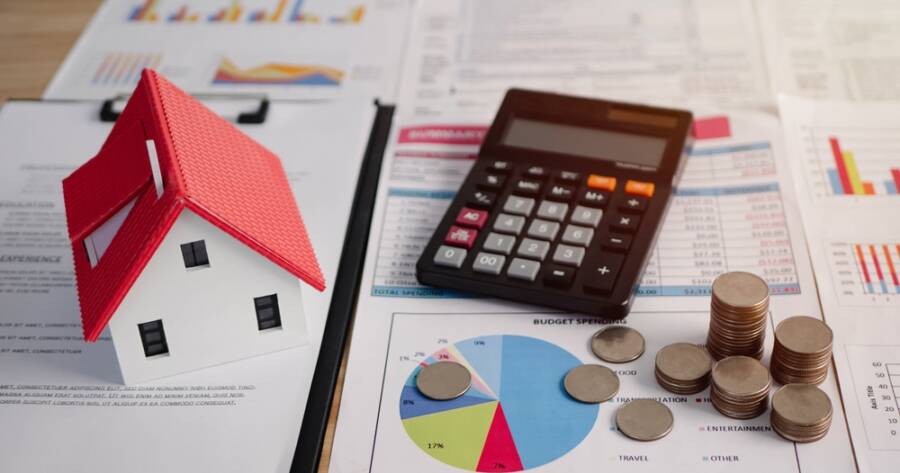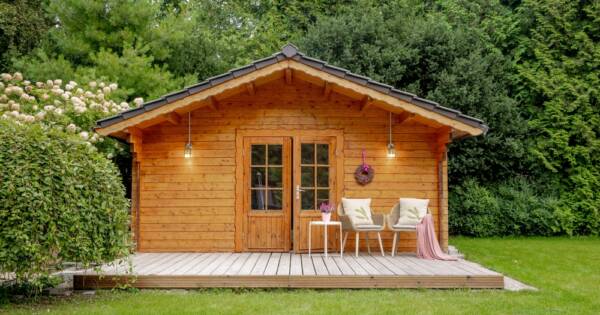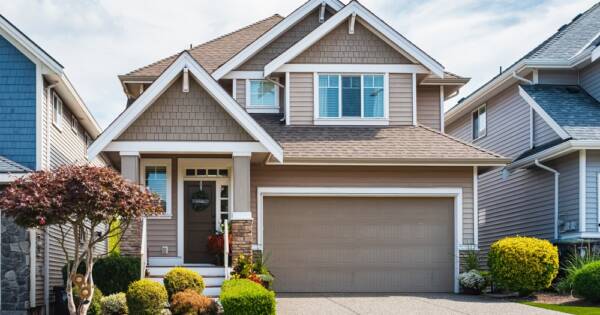Buying a home is a major milestone, but the financial commitment goes far beyond the purchase price. From maintenance and repairs to property taxes and insurance, homeowners often face expenses that aren’t immediately obvious. Understanding what can quietly add up behind the scenes is essential for long-term budgeting, helping to avoid surprises and maintain financial stability after the keys are in hand.
Property Taxes That Keep Rising
While property taxes are expected, many buyers underestimate how much they can increase over time. Local governments often reassess property values, especially after home improvements or area development, which can result in a significant tax hike. Even if your mortgage payment is fixed, your escrow account may rise, affecting your monthly expenses.
Understanding local tax rates and future projections is essential before closing a deal. Some states or counties have annual caps on increases, while others don’t. Researching your area and budgeting for future increases can help prevent financial strain. Always review your property tax bill annually to ensure accuracy and appeal it if necessary.
Home Maintenance and Unexpected Repairs
Owning a home means taking on the full responsibility for maintenance and repairs. HVAC servicing, plumbing issues, roof maintenance, and appliance breakdowns can all come with steep costs, often when least expected. Experts recommend budgeting 1%–2% of your home’s value annually for upkeep alone.
Small problems left unchecked can evolve into major issues, dramatically increasing costs. Regular inspections and preventative care can help reduce surprises, but even with vigilance, emergencies like water leaks or electrical failures can arise. A home warranty may cover some of these costs, but coverage varies, so read policies carefully.
Utilities and Energy Efficiency
Utility bills in a larger space can be shocking to first-time homeowners. Heating, cooling, water, and electricity costs vary significantly depending on your home’s size, age, and insulation quality. Older homes, in particular, may lack modern energy-efficient systems, driving monthly bills much higher.
Improvements like new windows, insulation, or smart thermostats can bring savings over time but often require an upfront investment. Before purchasing a home, request a year’s worth of utility bills if possible. Knowing the full scope of expected expenses helps you plan better and decide whether energy upgrades are worth the cost.
HOA Fees and Community Costs
Homes in planned communities, condos, or townhomes often come with homeowners association (HOA) fees. These can range from modest monthly dues to hundreds of dollars, depending on amenities and services. While they may cover maintenance of shared spaces, pools, or landscaping, they can add a substantial burden to your monthly budget.
Beyond monthly dues, HOAs can charge special assessments if large community repairs are needed, such as a new roof or sidewalk replacements. These surprise costs can be significant and are often non-negotiable. Always review HOA documents, financial statements, and rules before buying, so you understand your obligations and potential future assessments.
Insurance and Emergency Coverage Gaps
Homeowners’ insurance is essential, but many policies don’t cover everything. Standard policies often exclude floods, earthquakes, or sewer backups. If you live in a high-risk area, you may need to purchase additional coverage, which can significantly increase your annual premiums.
Even with comprehensive insurance, high deductibles and claim limitations can lead to unexpected out-of-pocket costs. It’s also wise to consider umbrella coverage for broader liability protection. Review your insurance needs annually and reassess your risk levels to make sure you’re covered for the realities of your home’s location and construction.
Looking Beyond the Listing Price
Owning a home offers stability and long-term value, but the financial picture is more complex than it first appears. Hidden costs—both predictable and unexpected—can turn an affordable home into a costly burden without proper planning. Being aware of these expenses from the start puts you in a better position to enjoy your home without unwelcome surprises. Smart ownership begins with full financial visibility.




